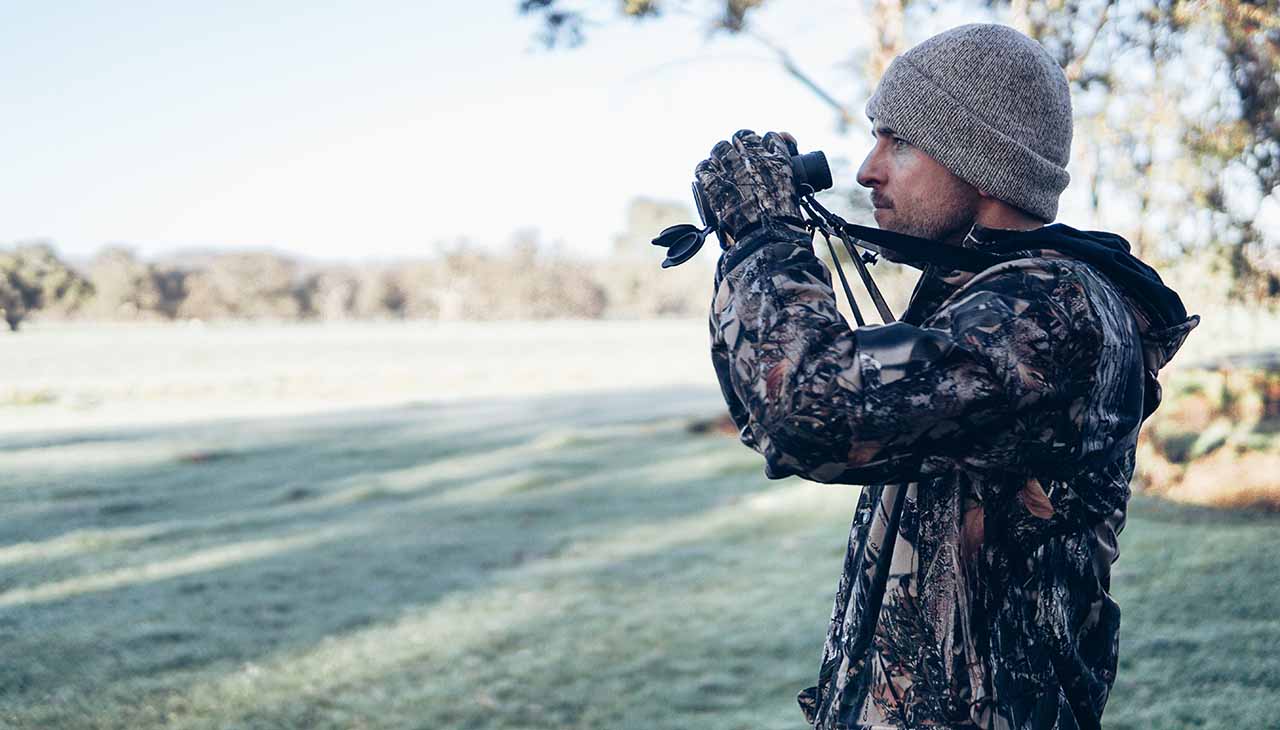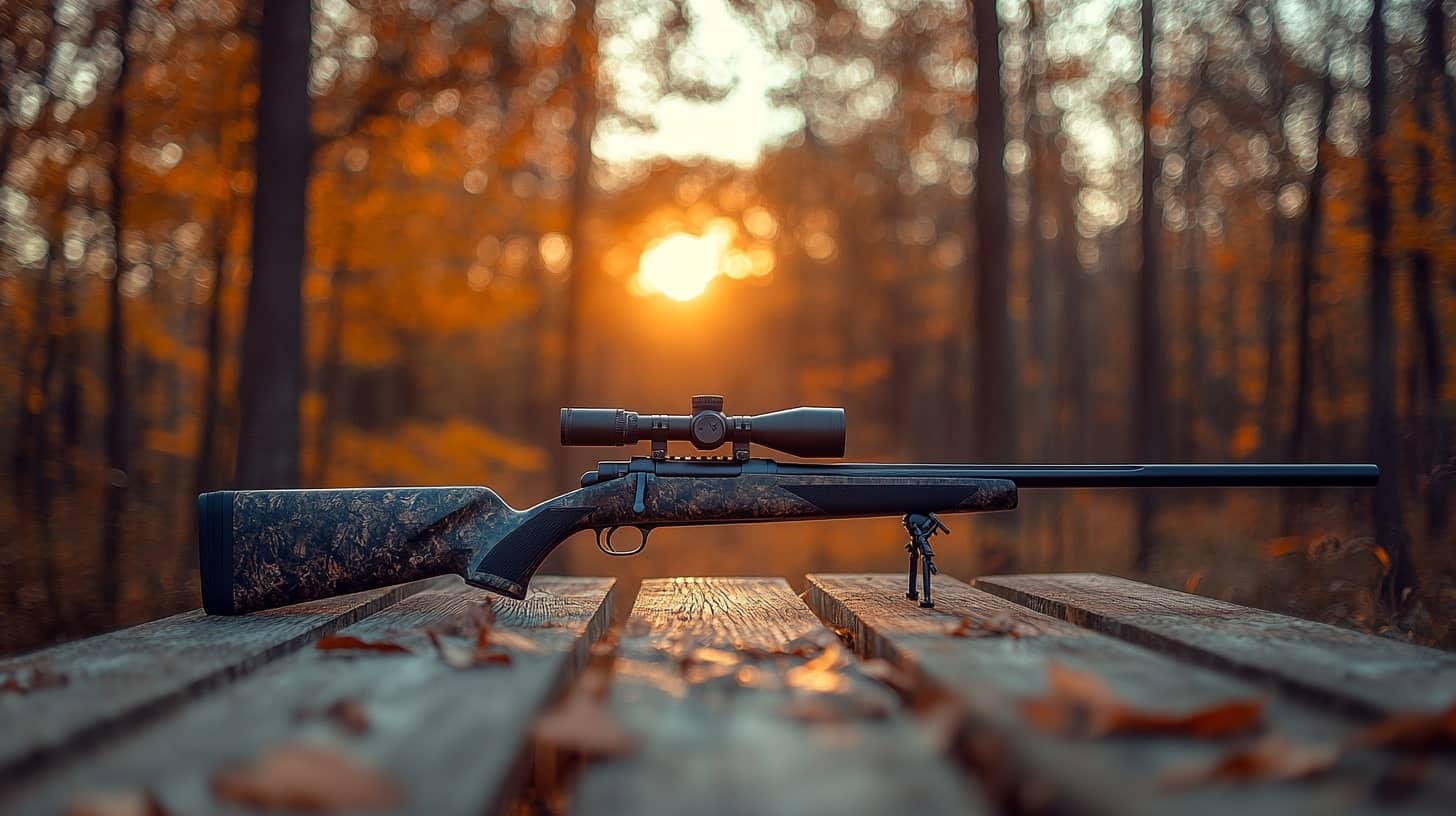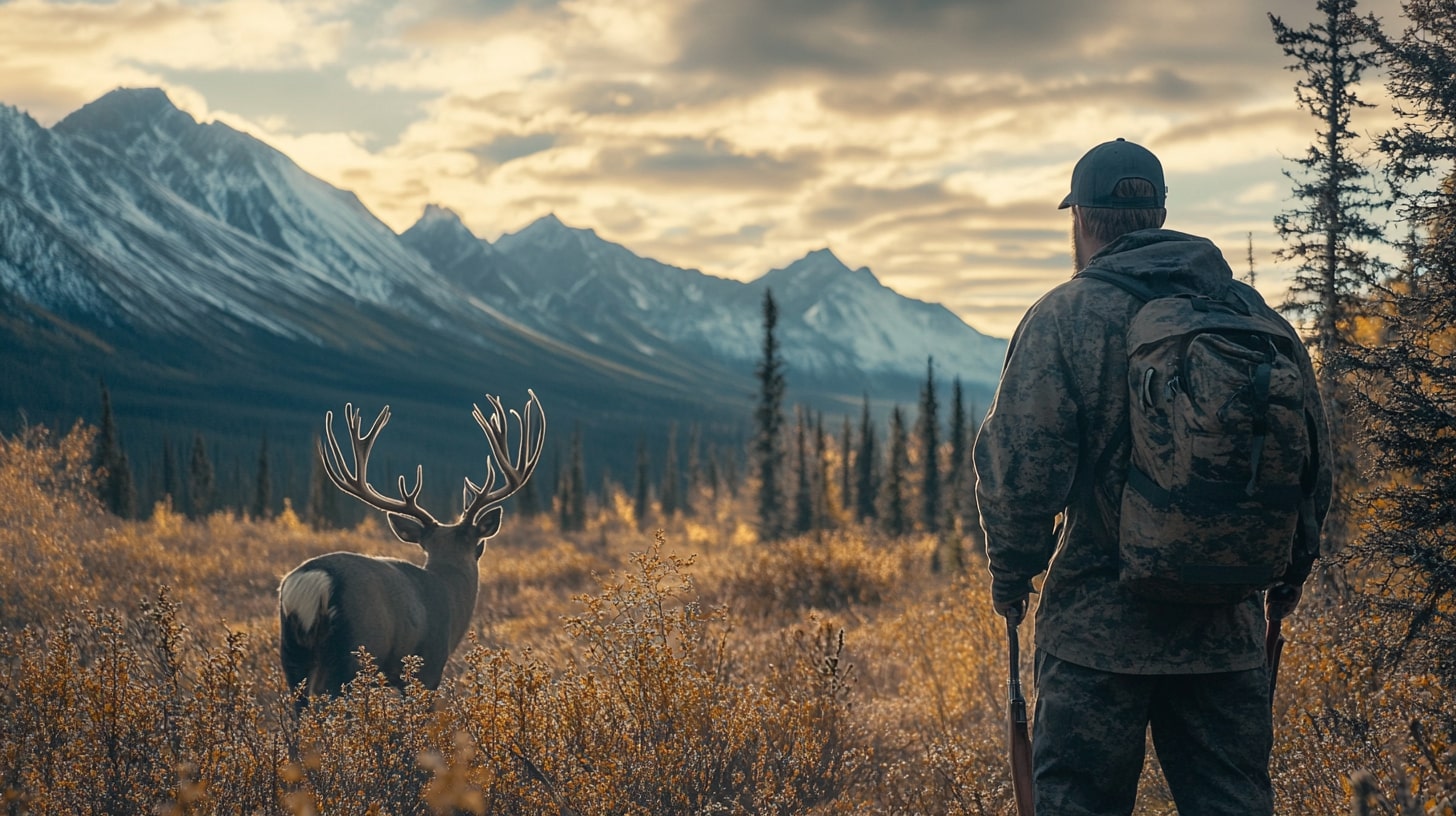In today’s world, the concept of hunting often evokes strong emotions and heated debates. However, there exists a group of individuals known as ethical hunters who strive to strike a delicate balance between conservation and sport. These responsible hunters understand the importance of preserving ecosystems and wildlife populations while also participating in the age-old tradition of hunting. In this article, we will explore the principles that guide ethical hunters and the vital role they play in protecting our natural world. So, let’s delve into the realm of the ethical hunter and discover how their passion for both conservation and sport intertwines.
Understanding Conservation
Conservation refers to the practice of protecting, preserving, and managing natural resources and wildlife to prevent overexploitation and maintain biodiversity. Conservation efforts largely focus on sustaining the health and diversity of ecosystems, ensuring that they continue to thrive for future generations. Ethical hunters play a significant role in these conservation efforts. They adhere to hunting regulations designed to maintain a balance in wildlife populations and contribute to conservation initiatives, often through hunting licenses and fees that directly support conservation programs. An integral part of ethical hunting is the understanding and respect for ecosystems’ intricacies, ensuring that hunting activities contribute to, rather than detract from, their long-term health and stability.
Ethics of Hunting
The ethics of hunting, particularly as practiced by ethical hunters, is guided by principles of respect for wildlife, fair chase, and sustainability. Ethical hunters recognize the intrinsic value of all creatures and are committed to hunting in a manner that ensures a humane, swift, and respectful end for the hunted animal. The concept of fair chase is integral to these ethics, dictating that animals should have a fair chance of escape and discouraging practices that provide an unfair advantage to the hunter. Lastly, ethical hunters are deeply committed to sustainability, ensuring their hunting practices do not endanger the balance of ecosystems or the long-term survival of species. This often involves hunting selectively and prudently, focusing on older or more abundant species, and limiting hunting during breeding seasons to maintain healthy populations. In this way, ethical hunters embody a unique blend of sportsmanship, conservation, and deep respect for the natural world.
Supporting Conservation through Hunting
Supporting conservation through hunting is a concept that may seem paradoxical at first glance. However, ethical hunters play an instrumental role in supporting various conservation efforts. These individuals contribute significantly to conservation funding through the purchase of hunting licenses, permits, and stamps, and through taxes on hunting equipment and ammunition. This funding is critical for maintaining and expanding habitats, conducting research, and managing wildlife populations. Moreover, by keeping certain species’ numbers in check, hunters can help to maintain a balanced ecosystem and prevent overpopulation issues that can lead to starvation and disease. In this capacity, ethical hunters act as stewards of the land, participating in sport while also contributing directly to the preservation and enhancement of the natural environment.
Balancing Conservation and Sport
Balancing Conservation and Sport is indeed the cornerstone of ethical hunting. This fine equilibrium requires both a deep understanding of ecology and a commitment to responsible hunting practices. On one hand, ethical hunters dedicate themselves to learning about the habitats, life cycles, and needs of the game species they pursue. They use this knowledge to inform their hunting strategies, targeting animals in a way that contributes to population control and ecological balance. On the other hand, they maintain the spirit of the sport, respecting the principle of fair chase and treating every animal with dignity. This respect extends to the use of the animal post-hunt, with ethical hunters utilizing as much of their harvest as possible to minimize waste. This dance between conservation and sport is not a simple one, but it forms the heart of ethical hunting. It is a testament to the possibility of humans participating in nature in a manner that benefits both the individual and the ecosystem as a whole.
Conclusion
In conclusion, ethical hunting presents a compelling paradigm of how human activities can harmoniously coexist with nature. By practicing principles of respect for wildlife, fair chase, and sustainability, ethical hunters act as stewards of the environment, maintaining the delicate balance between conservation and sport. Their contribution extends beyond mere sport, supporting critical conservation efforts through their practices and financial contributions. Although hunting may remain a contentious issue, the practices of ethical hunters offer a path toward a sustainable future for wildlife and the ecosystems they inhabit. This unique blend of sportsmanship and conservation shows how humans can engage with the natural world in a mutually beneficial manner, setting a precedent for future generations to follow.



